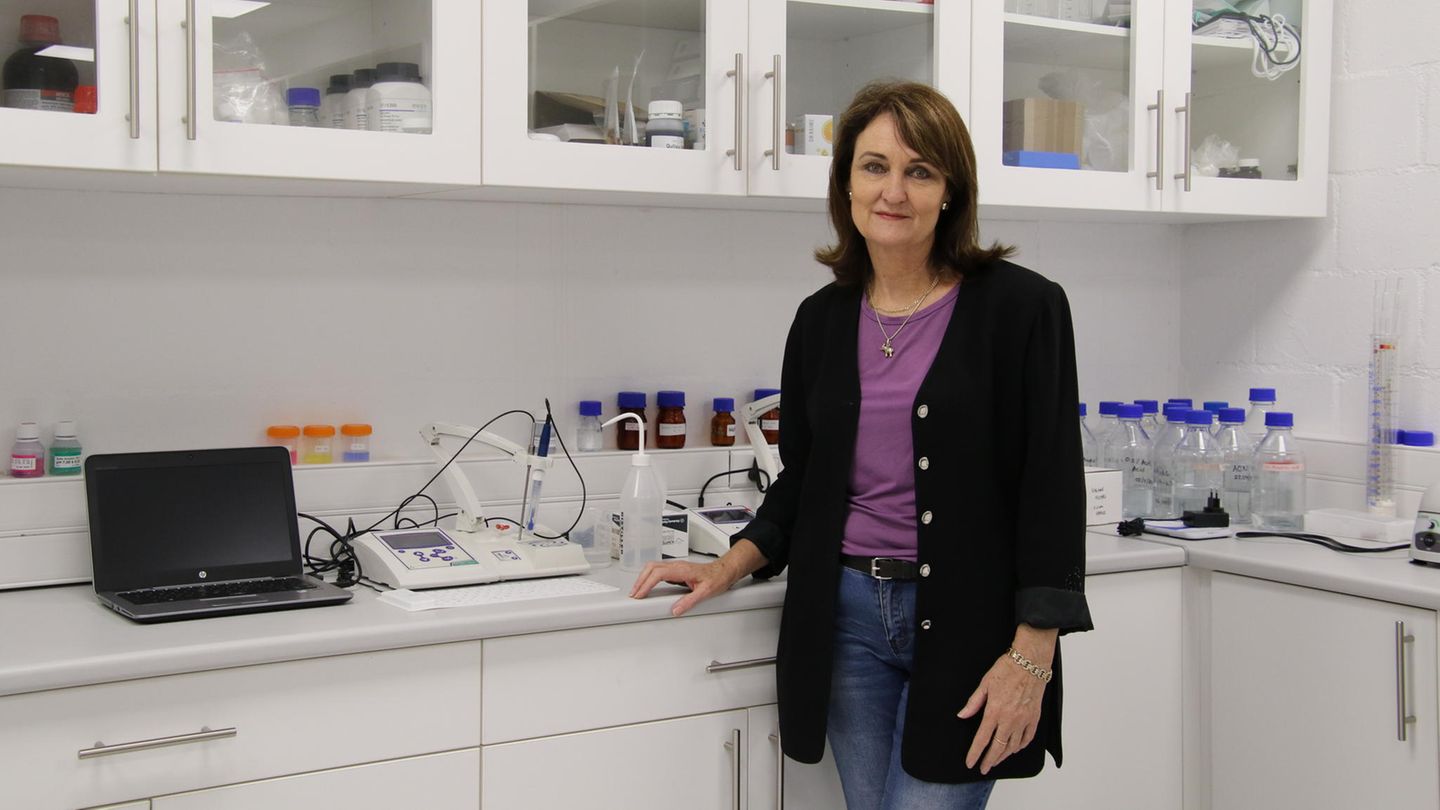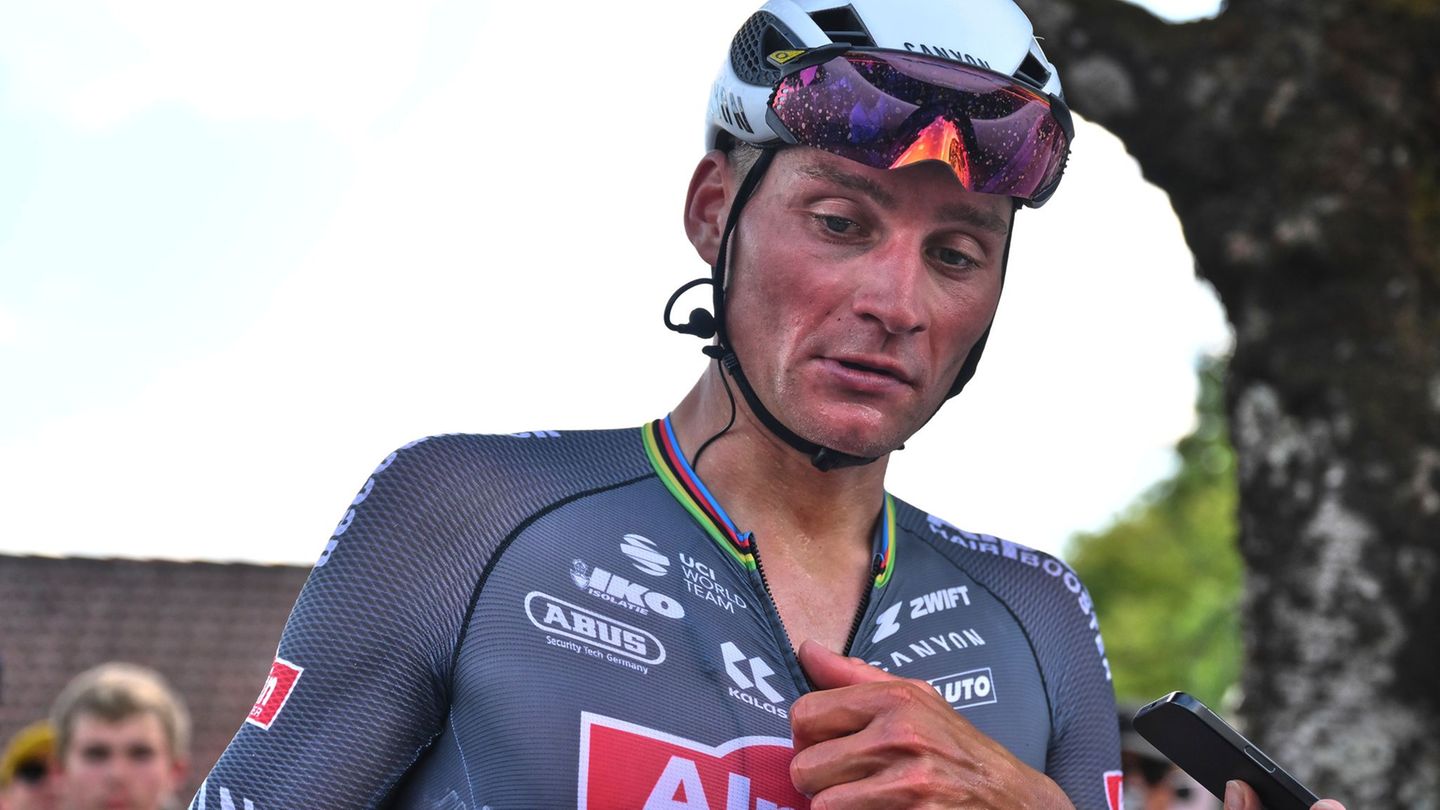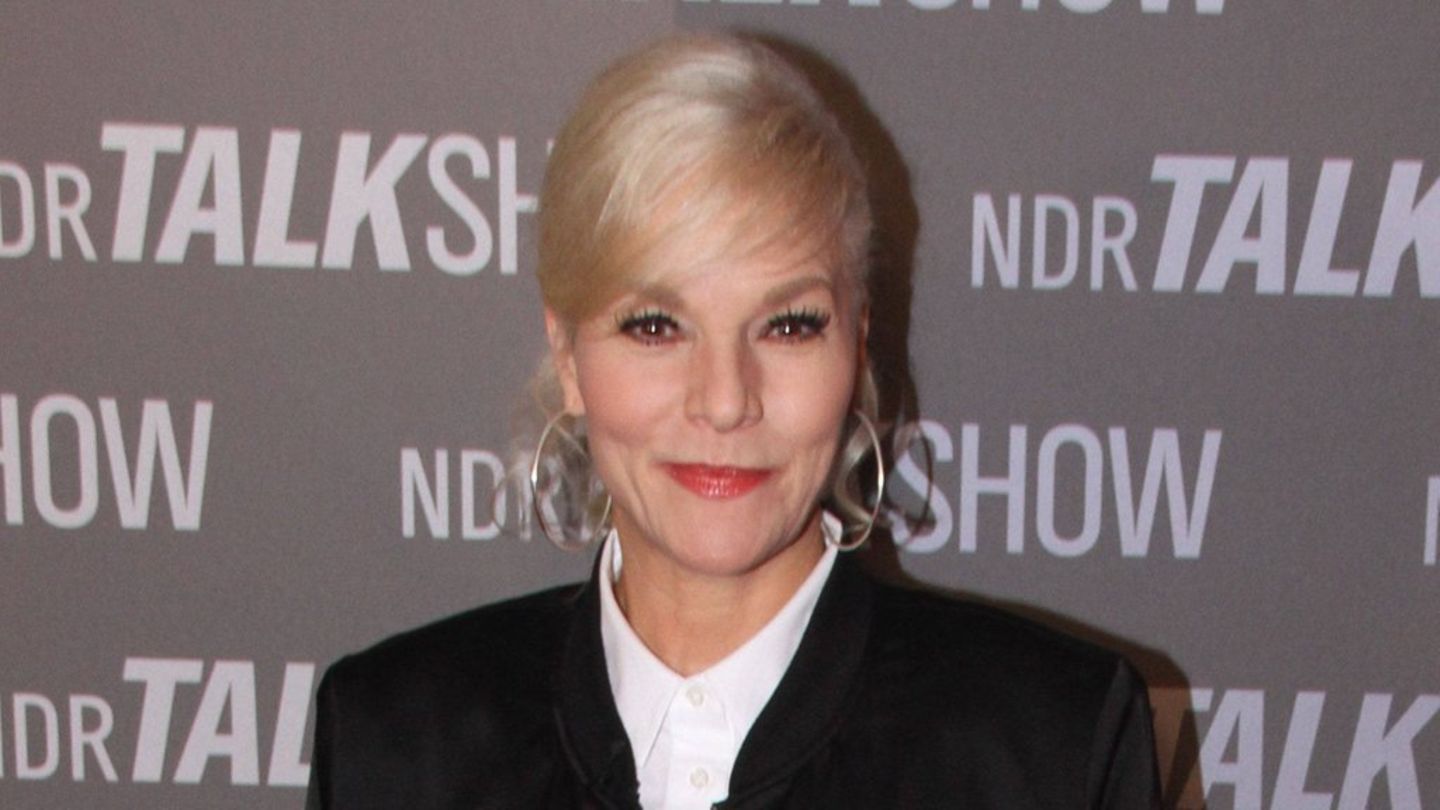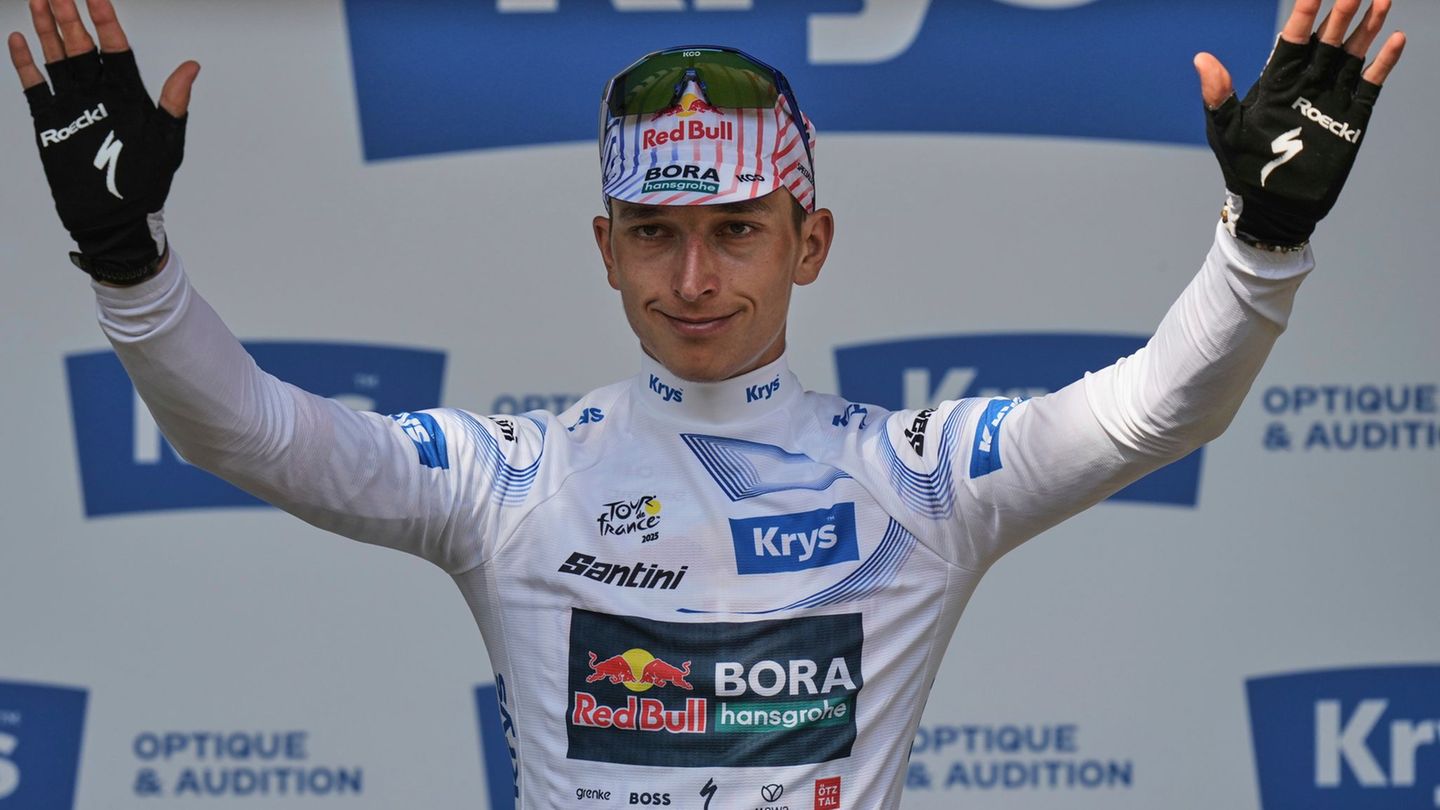Researchers are currently working under high pressure in the laboratory of a South African biotechnology company. They want to develop Africa’s first own corona vaccine in the fight against the pandemic.
Researchers at the South African biotechnology company Afrigen Biologics and Vaccines are currently in a crucial phase in the development of Africa’s first proprietary corona vaccine. The Cape Town-based company is developing its own mRNA vaccine to mimic Moderna’s preparation. The vaccine is to be licensed free of charge.
Afrigen wants to make the distribution of vaccines cheaper, faster and fairer worldwide. At the same time, the two currently approved mRNA preparations from Moderna and Biontech / Pfizer are to be improved. The aim is to develop a freeze-dried vaccine that does not require cold storage.
Enable access for developing and emerging countries
Biontech / Pfizer’s Comirnaty mRNA vaccine is probably the most demanding of vaccines in terms of storage. It first had to be transported and stored at around minus 70 degrees Celsius. Since mid-April 2021, it has been allowed to be stored at refrigerator temperature for around four weeks. At a storage temperature of minus 90 to minus 60 degrees Celsius, it can be kept for six months. After thawing, it can be stored unopened for a maximum of one month at 2 to 8 degrees Celsius – this is simply not manageable for some countries in terms of temperatures and storage options.
At the same time, Afrigen is not concerned with profits. The new vaccine will not be patented, but will be a kind of open source technology, explains Afrigen’s managing director Petro Terblanche. The WHO will grant free licenses to developing and emerging countries. This enables these countries to produce vaccines inexpensively and to inoculate them to their populations. The WHO also wants to enable production capacities to be built all over the world. In addition to the WHO, Afrigen is supported by the UN Medicines Patent Pool (MPP) and the Health Organization of the African Union (Africa CDC).
“An Intervention”
According to the WHO, 40 countries in Africa, Latin America, Asia and the Middle East have already expressed their interest. “It is an intervention. We will change the global health landscape”, promises Terblanche according to the “Handelsblatt”. Nevertheless, there are hurdles that Afrigen has to overcome for its ambitious project.
The risk of infringing intellectual property
Moderna issued an intellectual property disclaimer for its mRNA preparation in July this year, but it is only valid for a limited time. Neither Moderna nor Biontech / Pfizer have received a technology transfer, Terblanche told the German Press Agency.
According to the organization Human Rights Watch, more than 120 pharmaceutical companies in Asia, Africa and Latin America are in a position to produce an mRNA vaccine, they just lack the technology. Human Rights Watch therefore appeals to companies and governments to facilitate this technology transfer.
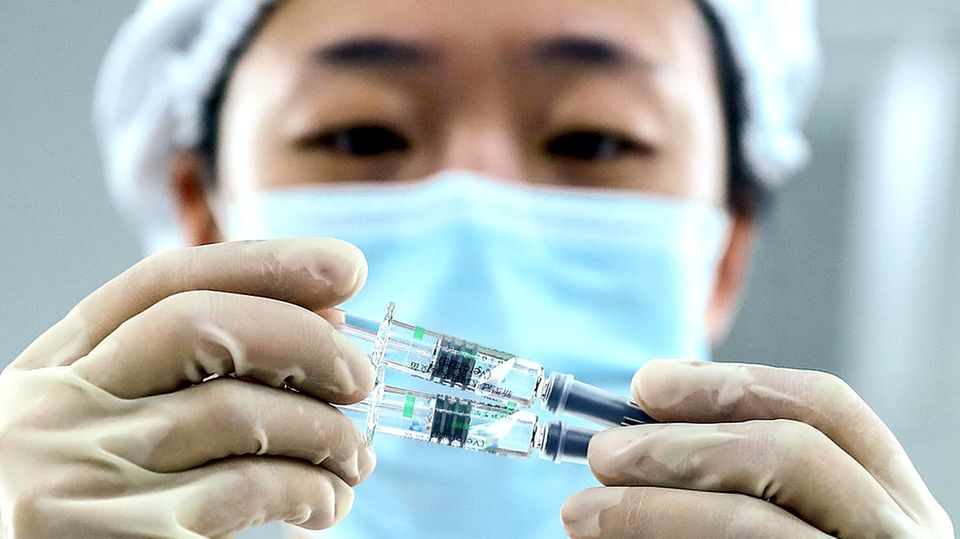
Afrigen’s researchers are therefore currently working with the publicly available genetic sequence for the vaccine and, with the help of scientific advisors, are developing an initial laboratory sample that mimics Moderna’s vaccine. “The waiver allows us to legally bring the vaccine to clinical trials without infringing intellectual property,” said Terblanche. So far, the WHO and more than 100 countries in the World Trade Organization (WTO) have campaigned in vain for the patent protection for Covid-19 products to be lifted. The pharmaceutical industry, the European Union and other countries are against it. Without patent protection, pharmaceutical companies are not prepared to make the high investments that innovations bring, so the argument goes.
The vaccine should be ready for the market in 2024
The first studies on animals are scheduled to begin in January 2022, and Phase I of the clinical study is scheduled to begin in November. According to the scientists’ plan, their preparation should be ready for the market in 2024. There is money from the WHO for the ambitious project: the organization has provided around 92 million euros for it. “The Covid-19 pandemic has shown that it is not enough and dangerous to rely on a few companies to supply the world with global public goods,” said WHO chief Tedros Adhanom Ghebreyesus about the project in June.
He has long criticized the moral failure: While booster vaccinations are already being carried out in rich countries, poor countries are still waiting for vaccination doses. Moderna and Biontech / Pfizer said they were trying to find suitable partners in other countries themselves. Moderna wants to set up production facilities in Africa, Biontech is planning to start production of its corona vaccine in South Africa. Of the 1.2 billion people on the African continent, only 7.35 percent have received a full vaccination so far.
Sources:, ,
Source From: Stern

